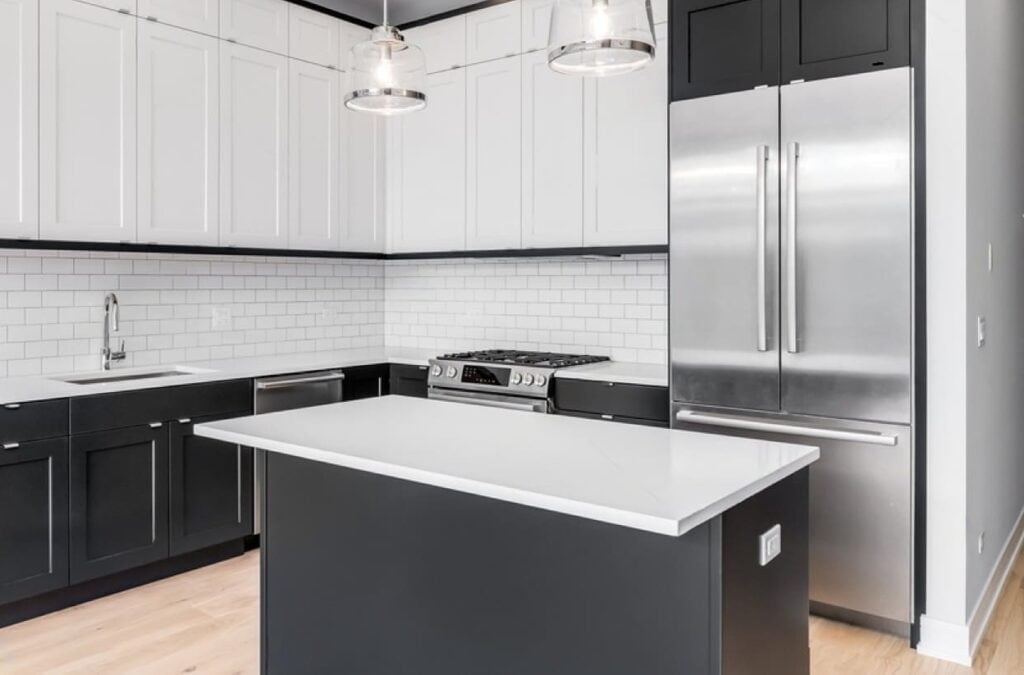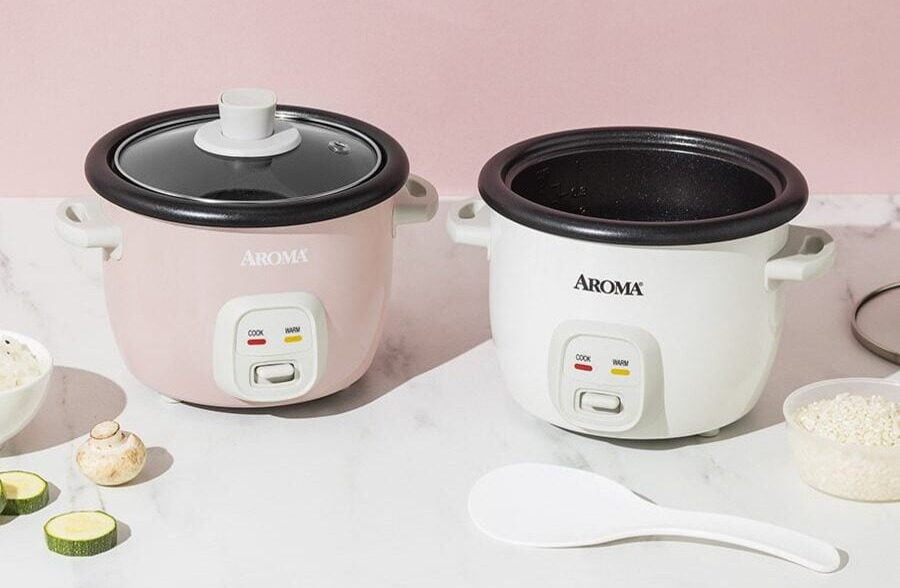A Samsung refrigerator is an essential household appliance that plays a pivotal role in keeping your food fresh and beverages cold. However, if you’re experiencing the frustration of a Samsung refrigerator not cooling properly, it’s time to investigate the potential culprits. In this article, we will explore the typical causes behind your Samsung refrigerator’s insufficient cooling and provide actionable solutions to rectify these problems.

1. Dirty Condenser Coils
Condenser coils clogged with dirt are a common reason why refrigerators may lose their cooling efficiency. These coils, usually located at the back or underneath the refrigerator, are responsible for releasing heat. When covered in dust, debris, and pet hair, they can’t dissipate heat efficiently, resulting in cooling problems.
Solution:
To tackle this issue, begin by disconnecting your Samsung refrigerator from the power source. Afterward, meticulously clean the condenser coils using either a brush or a vacuum cleaner with a brush attachment. Regular maintenance, with cleaning performed at least once or twice a year, is essential for consistent and efficient cooling.
2. Faulty Fans
Refrigerators rely on two types of fans: the evaporator fan in the freezer and the condenser fan near the coils. These fans are essential for maintaining appropriate air circulation and temperature control. If either of these fans fails, it can significantly impact the refrigerator’s cooling capacity.
Solution:
Verify if both fans are operational when the refrigerator is running. If you discover that one of the fans isn’t working, it may require repair or replacement. For any fan-related issues, it’s recommended to seek the expertise of a professional technician.
3. Frost Accumulation
An abundance of frost forming inside the freezer can block the evaporator coils, impeding their ability to cool efficiently. Consequently, this can lead to inadequate cooling in both the freezer and refrigerator sections.
Solution:
If you detect frost buildup, initiate a manual defrost by disconnecting the refrigerator and letting the ice thaw. Once the ice has melted, plug the refrigerator back in and closely monitor its cooling performance. If the problem continues, there might be an underlying issue causing the frost buildup.
4. Faulty Compressor or Control Board
The compressor can be likened to the heart of your refrigerator, as it plays a vital role in pressurizing and circulating the refrigerant gas. The control board manages various functions, including temperature settings and fan operation. Malfunctions in either of these components can result in cooling problems.
Solution:
Diagnosing and repairing issues with the Samsung refrigerator compressor or control board can be intricate tasks that often require professional expertise. If you have concerns about these components, it’s advisable to contact a certified technician who can evaluate and resolve the problem.
Conclusion
A Samsung refrigerator not cooling adequately can be a significant inconvenience. Routine maintenance, cleaning, and basic troubleshooting can frequently address the problem and reinstate your refrigerator’s cooling performance. Nevertheless, if you’ve tried all the fundamental troubleshooting steps and the issue persists, do not hesitate to seek professional help. Properly caring for your refrigerator ensures your food remains fresh, your drinks stay cold, and your appliance continues to serve you efficiently for years to come.

